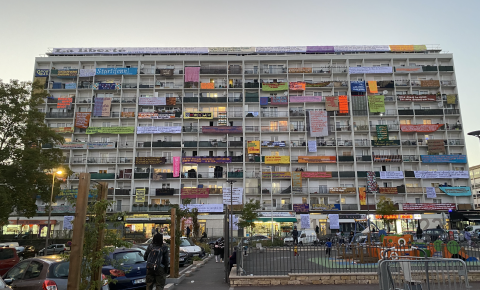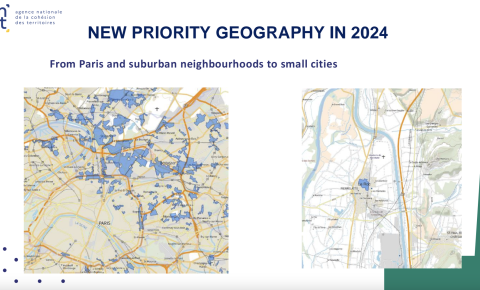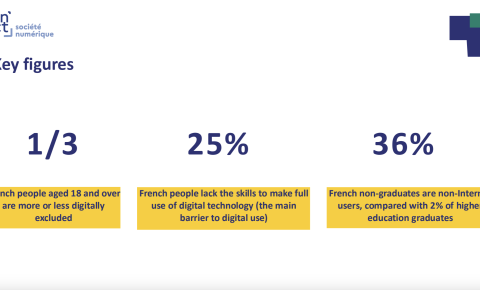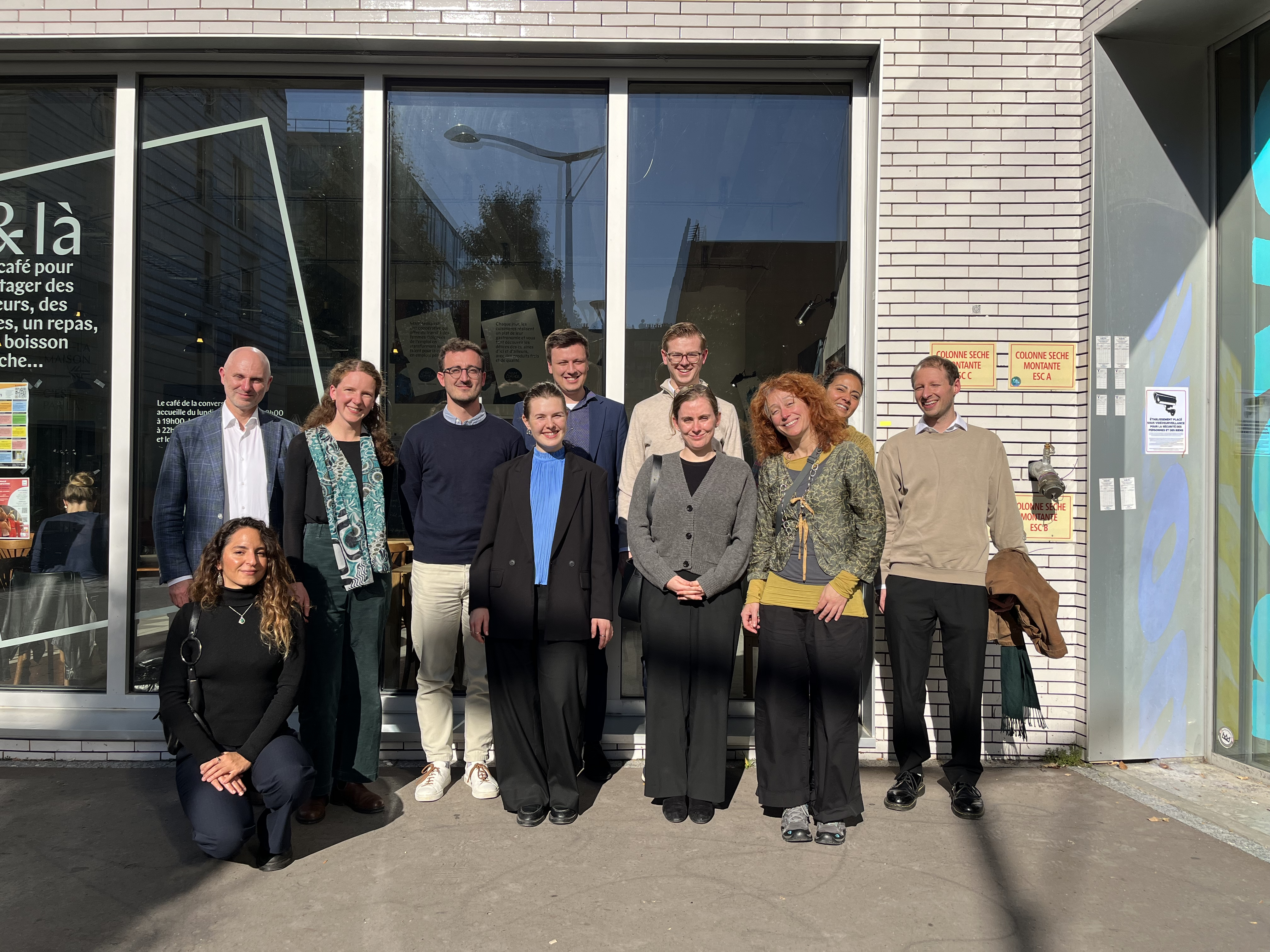
Cities of Equality Partnership Gathers in Paris to Shape Actions on Urban Inclusion
During the two-day event, partners worked intensively to refine a preliminary list of actions aimed at addressing spatial segregation, social inclusion, and equality in cities. The proposals, which had emerged from prior online brainstorming sessions, were further shaped with a focus on actionable solutions and concrete outputs. Key areas of interest included developing improved data collection methods to gain a deeper understanding of spatial segregation at both the city and neighbourhood levels. Partners also highlighted the importance of collecting effective policy examples to counteract segregation and organising peer-to-peer exchanges with local authorities, both within and outside the partnership.
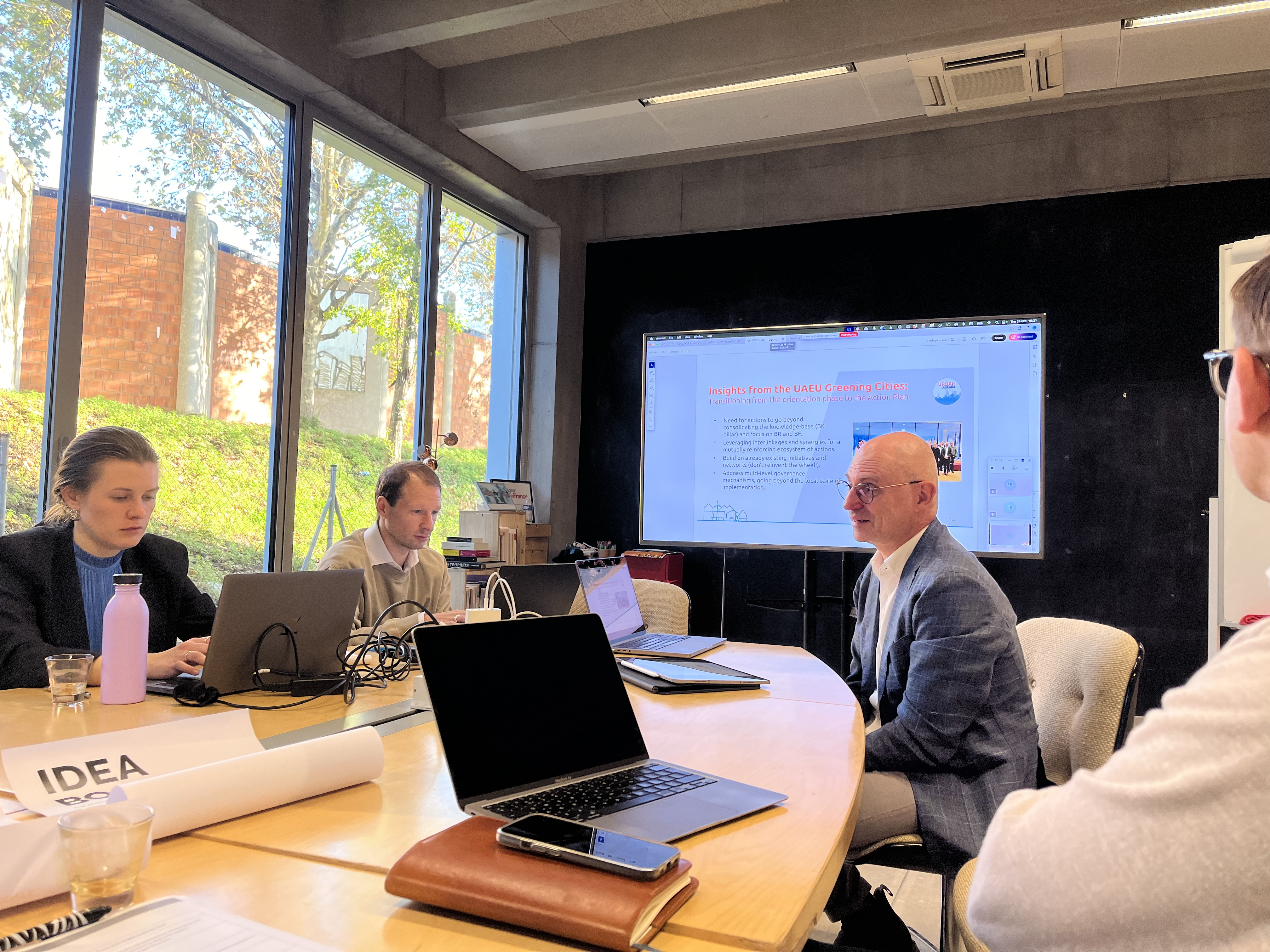
Lessons from previous Urban Agenda Partnerships
EUKN, the European Urban Knowledge Network, contributed to the brainstorming sessions sharing learnings based on their experience in the Urban Agenda for the EU, highlighting the importance to clearly define the European dimension of actions and creating links with the EU policy agenda to achieve the “better regulation” and “better funding” objectives of the thematic partnership. To set the scene ahead of the brainstorming session, EUKN presented two case studies that helped partners reflect critically on citizen engagement and the relations between urban regeneration and gentrification.
Brainstorming sessions: key areas of interest
The brainstorming session started with a review of the submissions to an online survey aimed at collecting partners’ suggestions on potential actions. The proposals were grouped by the two thematic areas identified in the Orientation Paper: “tackling spatial segregation at city and neighbourhood level” and “engaging citizens for fair and open access to a meaningful democracy”.
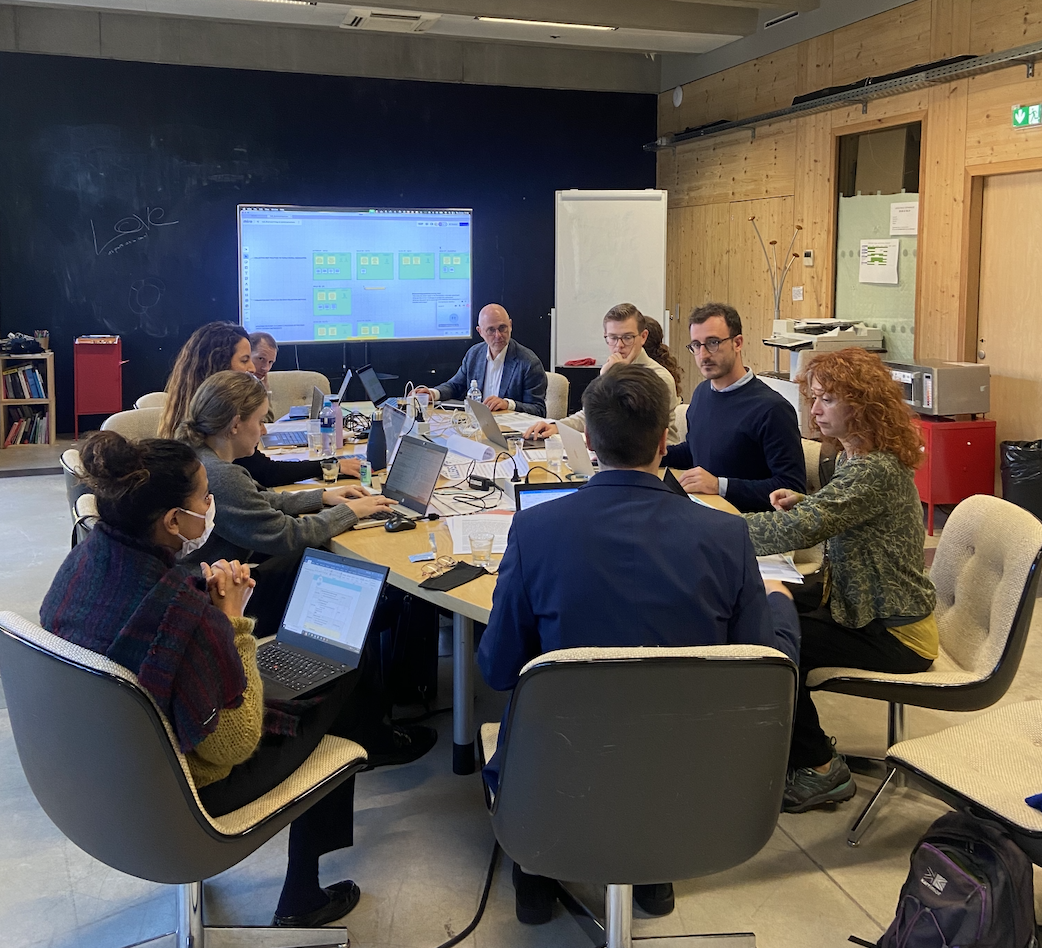
The initial suggestions shared by partners were merged around key areas of intervention, such as collecting and exchanging best practices on spatial segregation, highlighting both successful and unsuccessful policy examples and developing improved data collection methods to gain a deeper understanding of spatial segregation in cities. One of the strategic priorities discussed was advising the European Commission on ways to enhance local authorities’ access to funding for equality-focused initiatives and better incorporate equality considerations in EU funding instruments.
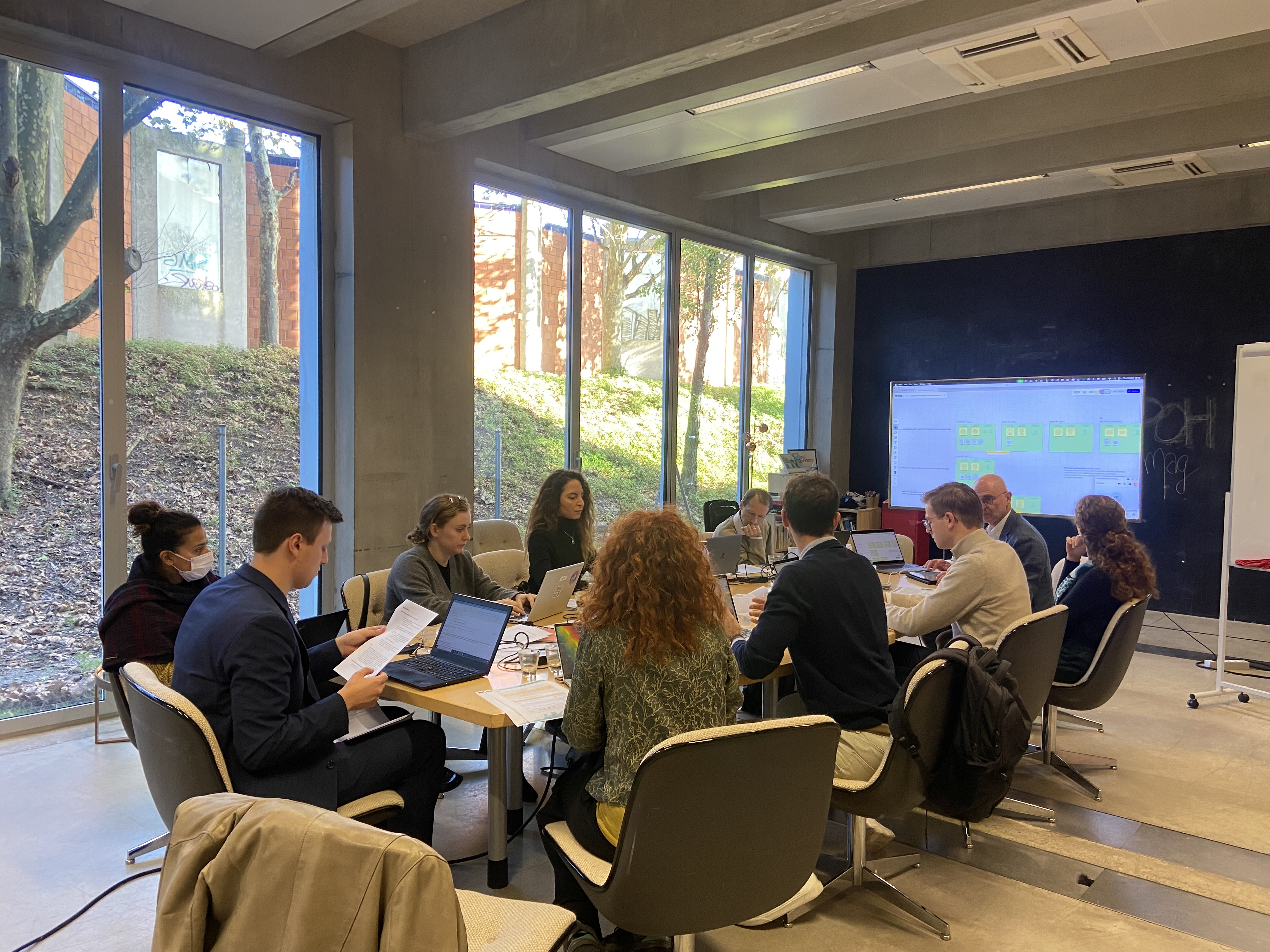
Additional topics included gathering and sharing best (as well as “worst”) practices on citizen engagement and co-governance, with a particular emphasis on involving vulnerable communities. Partners also explored ways to identify and address barriers to social inclusion and equitable access to services.
Learning from French case studies on data collection, digital inclusion and citizen engagement
The second day offered participants insights into France’s national urban policies. They were introduced to “Politique de la ville,” a national urban policy framework, and “Société numérique,” a digital inclusion initiative. Additionally, Civic City’s founders presented their work at the intersection of architecture, urbanism, and social inclusion.
Looking forward: next steps for the Cities of Equality Partnership
The partnership aims to complete its list of preliminary actions by the end of 2024 and develop a full draft action plan by spring 2025. The Cities of Equality Partnership will also seek synergies with relevant European Commission initiatives such as the “European Capitals of Inclusion and Diversity Award” (coordinated by DG JUST) and the “Competence Centre on Participatory and Deliberative Democracy” (coordinated by the Joint Research Centre), as well as with the other Urban Agenda Thematic Partnerships interested in tackling social inclusion and citizen engagement challenges.
